1781-1814
The Inspiration
The calling of our Foundress, Marie Madeleine d’Houët, is captured in the beautiful name she chose for her congregation: Faithful Companions of Jesus.
Mai mult
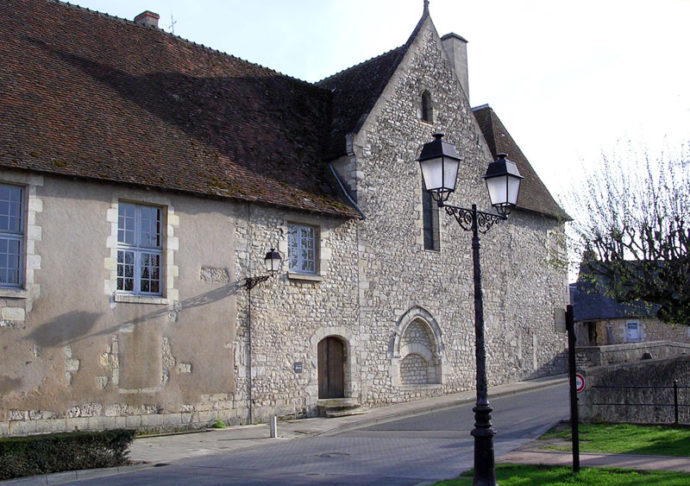
Our Society, Faithful Companions of Jesus, was founded in Amiens in France in 1820 by Marie Madeleine de Bonnault d’Hoüet. As a young widow with a son, Marie Madeleine felt called by God to form a Society of apostolic women who would take their inspiration from Mary and the Holy Women of the Gospel. Below is an overview of the history then begun.
1781-1814
The calling of our Foundress, Marie Madeleine d’Houët, is captured in the beautiful name she chose for her congregation: Faithful Companions of Jesus.
Mai mult
1814-1820
Marie Madeleine, a young, grieving widow with a small son, born after his father’s death, was living through dark times. Certain Jesuits, by their spiritual guidance, were instrumental in enabling her to discern her vocation to the religious life. The apostolic congregation she founded was explicitly inspired by Ignatian spirituality, and the FCJ Constitutions have their origin in those of the Society of Jesus.
Mai mult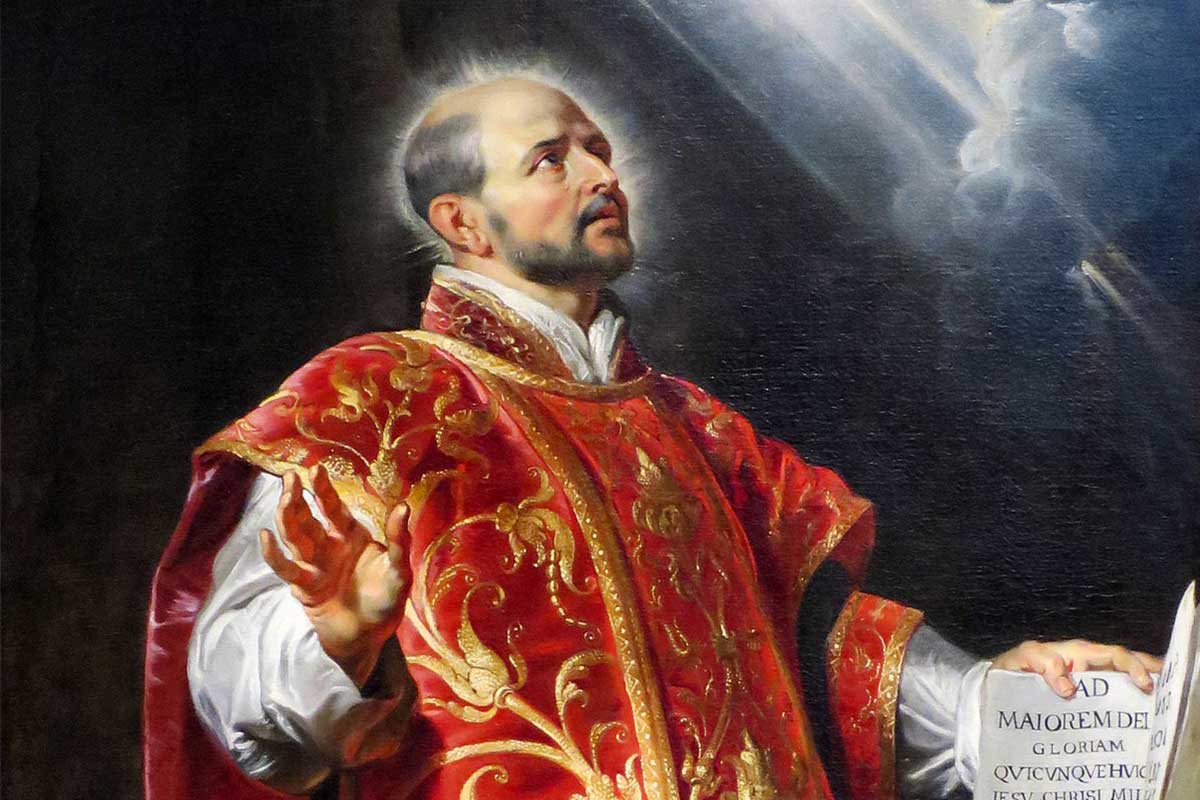
1820
It was in Amiens, then one of the principal centres of the cloth trade in France, that Marie Madeleine became acutely aware of the social problems that had surfaced in the wake of the Industrial Revolution, as large numbers of people, seeking employment in the local textile factories, moved from rural settings to the city.
Mai mult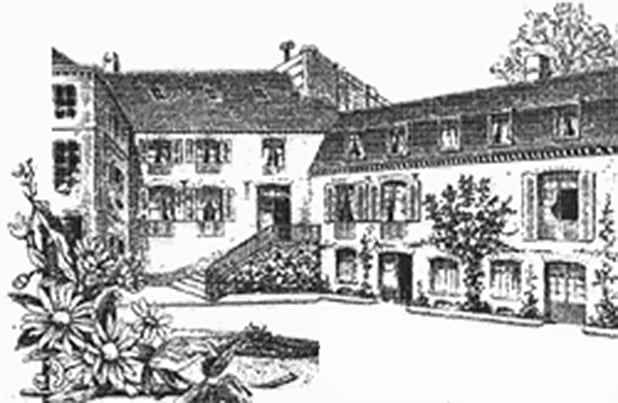
1820
It is thought that the first members of the Society of the Faithful Companions of Jesus were fourteen in number, but we know the names of only seven of them: Louise Legrand, Louise Melaut, Honorine Moreau, Louise Delaruelle, Marie Lenssens, Anna Ravon and Julie Guillemet.
Mai mult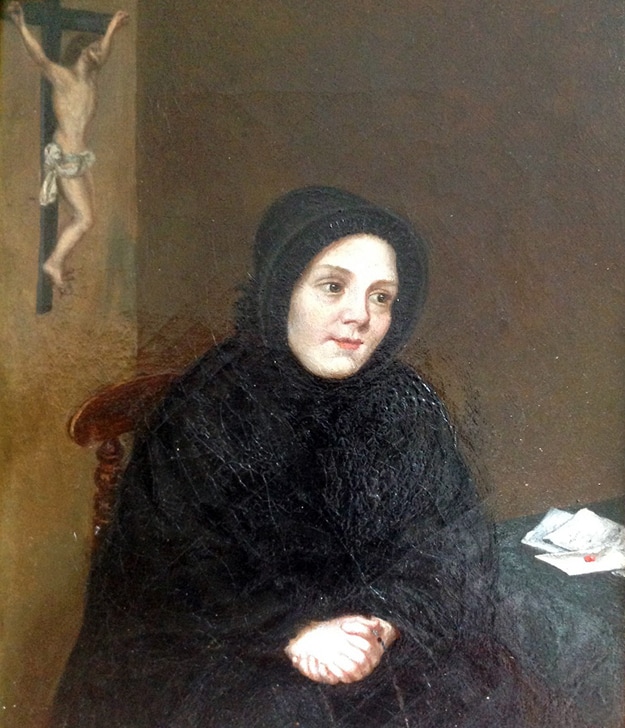
1820-1858
Because of the growing reputation of the new congregation, a number of bishops invited the FCJs into their dioceses, to provide schools and instruction in the faith for their people. Because of strong opposition from certain Gallican bishops, expansion in France was beset with difficulties. In spite of this, before her death in 1858, Marie Madeleine had succeeded in setting up a number of flourishing schools in different parts of that country, and also in England, Switzerland, Italy and Ireland.
Mai mult
1847
The political and social climate in France in 1847 was anything but favourable to religious congregations. Despite a decree prohibiting the establishment of further religious communities, the Archbishop of Paris, Monseigneur Affre, who had known Marie Madeleine when he was a priest in Amiens and was her friend and a supporter of the Faithful Companions of Jesus, warmly welcomed the Sisters to his Archdiocese.
Mai mult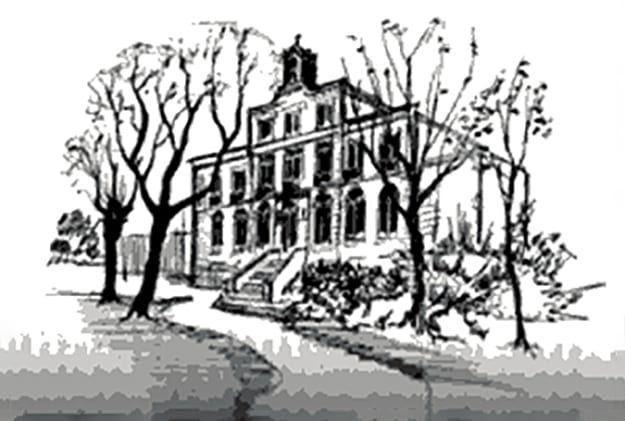
1858
On 5 April 1858, Marie Madeleine died in Paris at the age of 76. She had guided the fledgling Society through its early years, and had governed it for 32 years as its elected Superior General.
Mai mult
1858-1914
After Marie Madeleine’s death in 1858, Josephine Petit was elected Superior General. She died 30 years later leaving a rich legacy to the Society. In the last decade of her life, she seemed to discover within herself a true missionary spirit, and had established a number of houses in Australia and Canada.
Mai mult
1914-1947
Philomena Higgins, an Irishwoman, the first non-French Superior General, was elected in Brussels on 2 August 1914, the day of the invasion of France by Germany – the invasion of Belgium took place on the following day. Consequently her early years as Superior General were deeply shadowed by the Great War.
Mai mult
1948-1975
The Second Vatican Council, which opened in 1962 during the pontificate of John XXIII and ended in 1965 during that of Paul VI, was arguably the most important event of the twentieth century for the Catholic Church. The Council proposed a radical change of spiritual and theological perspective, moving from world-estrangement to world-engagement, and giving close consideration to various aspects of modern life in a spirit of openness rather than condemnation.
Mai mult
1975-1993
Sr Breda O’Farrell is widely recognised as having injected the charism of the Faithful Companions of Jesus with new life and meaning. She requested, and eventually received, permission for the FCJs to use the Jesuit Constitutions. A new text was established, and the longed-for, long-awaited approval was finally given in 1985. Breda foresaw that future changes to these Constitutions would be rare, but that interpretation through General Chapters would ensure their continuing relevance for the corporate life of the Society.
Mai mult
1960-2012
Stella Maris in Broadstairs Kent, England was for many years the home and place of work of the central administration of the Faithful Companions of Jesus, meaning it was the Generalate.
Mai mult
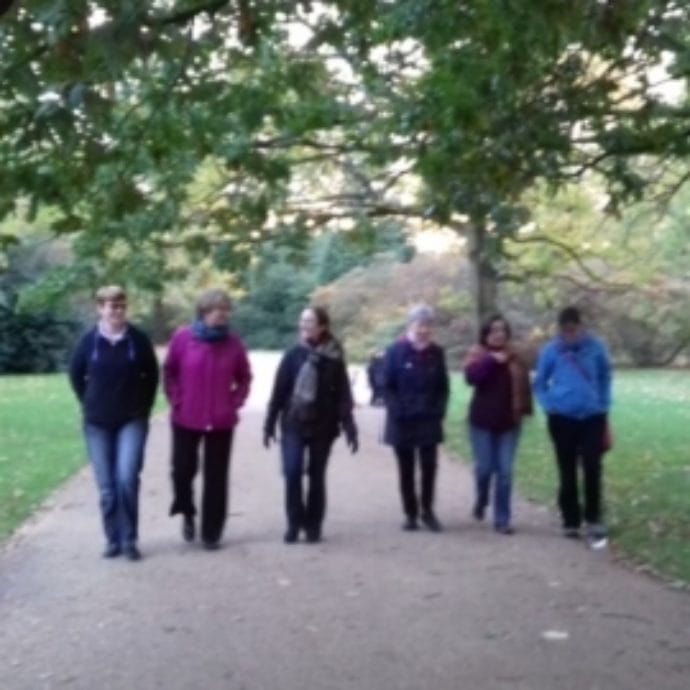
Trimite emailul tău
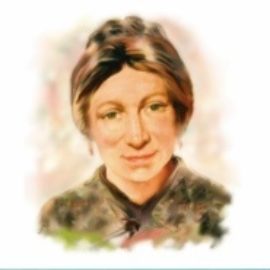
Mica noastră Societate are scopul de a preamări Inima lui Isus prin orice mijloc făcând totul prin puterea sa.
Vă așteptăm cu drag! ... See MoreSee Less
This content isn't available at the moment
When this happens, it's usually because the owner only shared it with a small group of people, changed who can see it, or it's been deleted.0 CommentsComment on Facebook
Surorile FCJ vă invită la o serie de întâlniri pe marginea documentului final legat de Sinod 2021-2024.Prima întâlnire, joi 6 martie de la 19.00-20.00Va asteptam cu drag! ... See MoreSee Less

0 CommentsComment on Facebook
Vă invităm din nou la film, "Cabrini" pe 26 septembrie la ora 18.30. Pentru cei care ar putea fi interesați, vă rog dați share.Vă așteptăm cu drag!Surorile FCJ ... See MoreSee Less

0 CommentsComment on Facebook
... See MoreSee Less
This content isn't available at the moment
When this happens, it's usually because the owner only shared it with a small group of people, changed who can see it, or it's been deleted.0 CommentsComment on Facebook
Vizionare plăcută! ... See MoreSee Less
This content isn't available at the moment
When this happens, it's usually because the owner only shared it with a small group of people, changed who can see it, or it's been deleted.0 CommentsComment on Facebook
... See MoreSee Less
This content isn't available at the moment
When this happens, it's usually because the owner only shared it with a small group of people, changed who can see it, or it's been deleted.0 CommentsComment on Facebook
Vă fac aici o recomandare de carte pe care am primit-o din partea unui prieten de suflet. Este o carte care mie mi-a deschis alte uși. Calea smereniei este o cale care eliberează chiar și din păcatul cel mai profund. Iar smerenia este pentru toți, nu doar pentru călugări. Și fiecare creștin este deja un rugător înainte de a se ruga, asta ne spune André Louf. O carte necesară tuturor! ... See MoreSee Less



0 CommentsComment on Facebook
O altă invitație la film, miercuri 29 mai la ora 18.30, "Struguri în soare".Vă așteptăm cu drag! ... See MoreSee Less

0 CommentsComment on Facebook
Salutare! Va adresam o invitație de notat în agenda. Sâmbăta 8 iunie de la 10.30 la 12.00 va invitam la o întâlnire legata de spiritualitate cu gust! Va așteptăm cu drag! ... See MoreSee Less

0 CommentsComment on Facebook
... See MoreSee Less
This content isn't available at the moment
When this happens, it's usually because the owner only shared it with a small group of people, changed who can see it, or it's been deleted.0 CommentsComment on Facebook
Ce poate fi mai potrivit astăzi când ne gândim la toate vocațiile, decât o invitație pentru exerciții spirituale!Să-i mulțumim lui Dumnezeu pentru că fiecare dintre noi acolo unde este, poate adânci vocația sa.Mulțumesc pentru share! ... See MoreSee Less

0 CommentsComment on Facebook
Va așteptăm cu drag! ... See MoreSee Less
This content isn't available at the moment
When this happens, it's usually because the owner only shared it with a small group of people, changed who can see it, or it's been deleted.0 CommentsComment on Facebook
Trei întâlniri online legate de discernamant în limba engleza. Dați share dacă știți persoane interesate. Mulțumesc! ... See MoreSee Less
This content isn't available at the moment
When this happens, it's usually because the owner only shared it with a small group of people, changed who can see it, or it's been deleted.0 CommentsComment on Facebook
... See MoreSee Less
This content isn't available at the moment
When this happens, it's usually because the owner only shared it with a small group of people, changed who can see it, or it's been deleted.0 CommentsComment on Facebook
Vă așteptăm cu drag!Sora Els ne invită la un moment de rugăciune creativ și biblic alături despre Maria mama lui Isus pentru cei care înțeleg limba engleză.Detalii în posterul atasat! Va asteptăm cu drag! ... See MoreSee Less

0 CommentsComment on Facebook